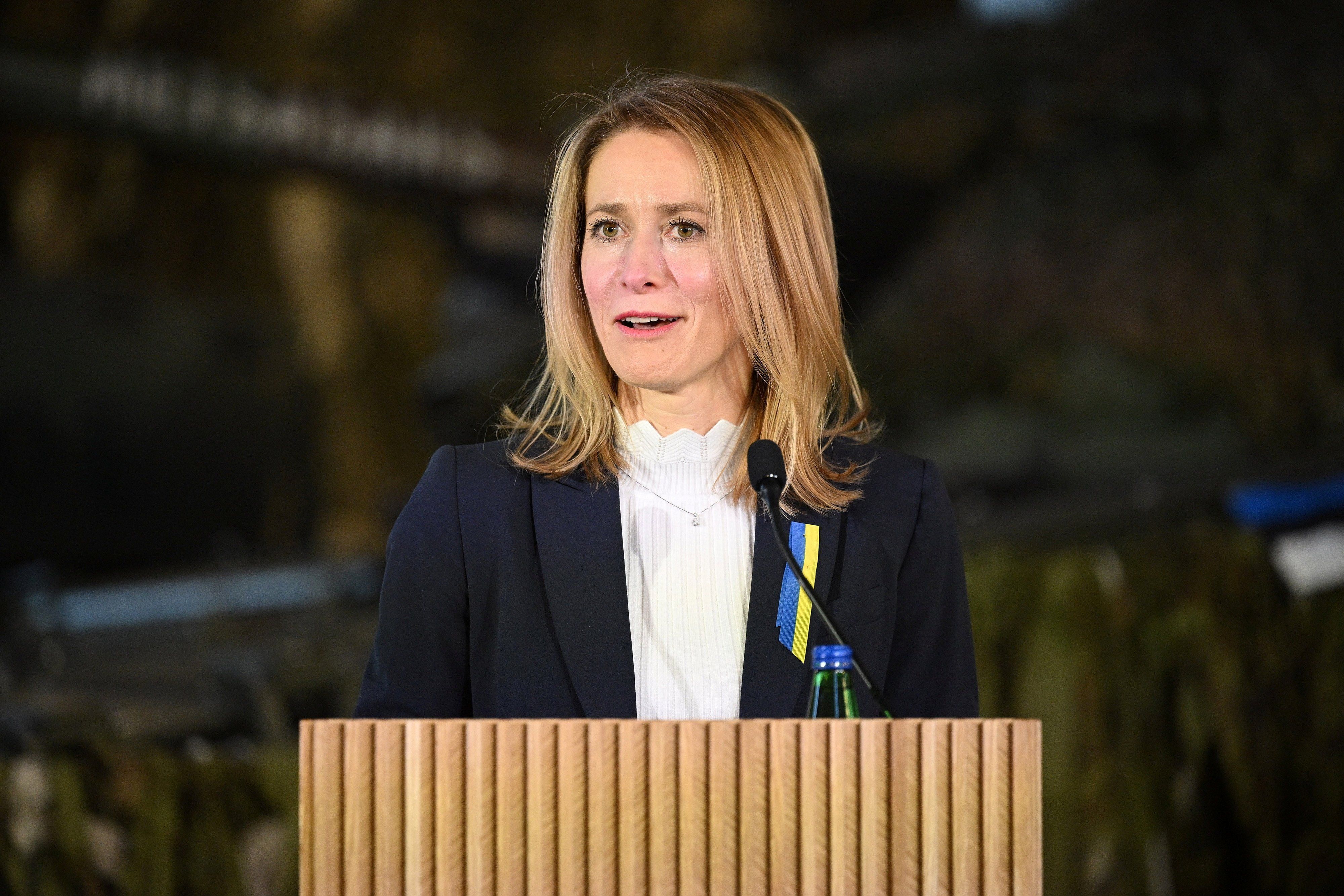Estonian Prime Minister Kaja Kallasresigned on Monday and is set to become the EU’s top diplomat.
Kallas, 47, has been one of the Kremlin’s fiercest critics in Europe since Russia’s 2022 invasion of Ukraine. Her appointment as the EU’s foreign policy chief helps ensure strong support for Kyiv in Brussels moving forward — and comes amid palpable anxiety in Europe over the implications the US presidential election could have over the future of Washington’s support for Ukraine.
Former President Donald Trump has expressed opposition to providing continued US aid to Ukraine, and the fact he survived an assassination attempt on Saturday is widely seen as boosting his odds of winning in November.
The US has provided more assistance to Ukraine than any other country amid the war with Russia. If that aid dried up, Kyiv would be in a precarious position. Overall, however, the EU has provided more aid to Ukraine than the US.
Kallas, who has pushed for Europe to provide unconditional support for Ukraine, could serve as somewhat of an insurance policy for Kyiv — but it would still struggle without US support. Though it’s clear Kallas will use her new position to ensure Europe is prepared to counter Moscow’s aggression and ambitions, it’s less evident how she’ll address issues such as EU relations with China, and it will take time for her broader policy approach to take shape. Kallas will remain as Estonia’s caretaker prime minister until a new government is sworn in, likely in early August.
